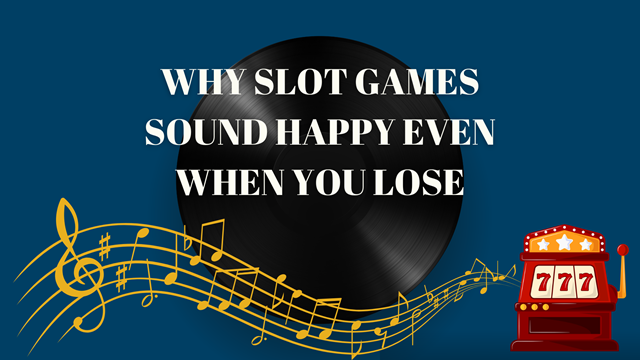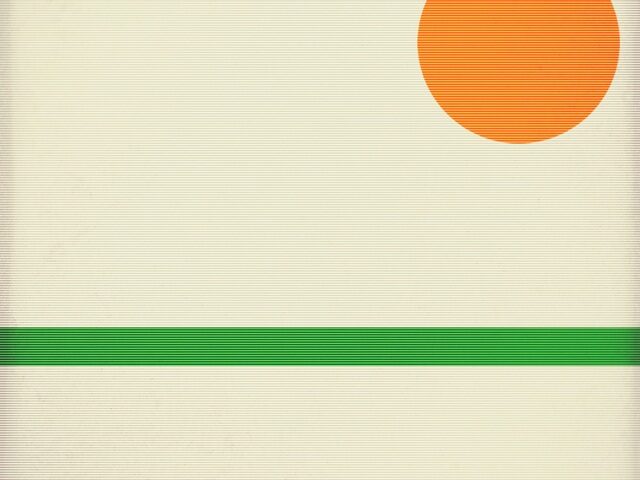Aside from making you dance and feel great, music has a wealth of other benefits for your health. Without a doubt, music impacts the way that we feel and our bodies naturally respond to the music that we hear. It is this reason why therapists play music for their patients and why blood pressure patients are encouraged to listen to music.
Blood pressure is often referred to as the silent killer because there are rarely symptoms to signify whether something is wrong. As such, a lot of individuals deal with high blood pressure and they do not even know that they are suffering from it.
High blood pressure develops gradually over time and may be a result of numerous causes. The only way to protect yourself from high blood pressure is to ensure that you are informed of the risks so that you can start making changes that matter. The good news is that high blood pressure can be cured and effectively managed through lifestyle changes and in some cases, medication.
What exactly is high blood pressure and how does it affect your body?
Individuals that forget to check their blood pressure may want to reconsider this decision. When uncontrolled, blood pressure can increase the risk of stroke and heart diseases, so it should be taken very seriously.
Blood pressure refers to the force of blood flow in the arteries, veins, as well as the capillaries. When the force is too extreme or high, this is referred to as hypertension. For an individual to suffer from hypertension, they have to record a consistent blood pressure reading that is greater than 130/80.
In a blood pressure reading, the top number is known as the systolic pressure and it indicates the pressure levels of vessels when the heart is beating and pumping out blood, which can be rapid when playing on a site like grandrush.com. The bottom number, alternatively, is the diastolic pressure; this is the pressure number that is recorded when the heart is relaxed, before filling up with blood. According to numerous studies, systolic pressure places individuals at greater risk of heart attacks and stroke while uncontrolled diastolic pressure unfavorably impacts one’s cardiovascular health.
How does music help with the regulation of blood pressure?
“According to Kate Huber, chief editor at NJGamblingFun, ‘you will be hard-pressed to find another stimulus out there that simultaneously engages the brain as extensively as music does. Just like cutting out salt from your diet or exercising can help regulate your pressure, the calming impact of music can also help to keep your blood pressure in check’’.
The relaxing impact of music has been long accepted by various cultures across the world for centuries. Music affects the autonomic nervous system and hence the cardiovascular system. Music is known to lower one’s heart rate and consequent blood pressure, calm one’s breath, as well as help to reduce stress hormones.
According to research, when individuals inhaled and exhaled rhythmically to soothing music for 30 minutes daily, their systolic pressure dropped 4 points after 6 months. Although this may not sound like a huge deal, the difference is enough for your doctor to crack a humongous smile. So what effect does music have on one’s blood pressure?
Music is soothing
Music helps to soothe not just your spirit but your blood vessels as well. When you play slow and calming music, steady, deep breathing helps to calm the parts of your nervous system responsible for keeping your blood vessels flexible. Studies have shown that inhaling and exhaling to the beat of your favorite music can tame high blood pressure so doctors are now encouraging their patients to listen to music more often.
Helps you to exercise
Exercise is one of the best things that you can do to mitigate the effects of high blood pressure. Working out regularly helps your heart feel stronger and makes it more efficient when pumping blood, which ultimately helps to lower the pressure levels in your arteries.
Music helps to enhance the retrospective viewpoint of exercise. When you listen to music during a workout, you are more likely to push yourself for longer and harder. Individuals that listen to music during intense workouts are also more likely to look back on the experience more favorably, which will motivate them to keep showing up and showing out for their workouts.
Music helps with stress management
Stress is a key booster of high blood pressure. When an individual is experiencing chronic stress, it places the body in the fight or flight mode. Physically, this translates to a faster heart rate and constricted vessels.
When you are under stress, you are also more likely to engage in bad behaviors such as eating unhealthily or using drugs, all of which negatively affect your blood pressure. Listening to music helps to manage high blood pressure by ensuring that your nervous system is relaxed.
Music aids meditation and other relaxing practices
Music is pertinent when taking part in stress reduction techniques such as meditation and deep breathing. When the body is a meditative state, it relaxes, slowing down one’s heart rate, which eventually helps to lower the blood pressure. For any patients suffering from anxiety and depression, music helps to relieve symptoms while improving overall mood levels.
Music has a healing capacity
If you are sick, listening to music can help you heal faster. Music is a critical component of our physical and emotional wellbeing. Ever since we were babies in our mother’s wombs, music has always had a positive effect on both our heartbeats and breathing rhythms.
Music links the automatic nervous system, that is, your brain function, blood pressure and heartbeat to your limbic system, which is what deals with our feelings and emotions. When we listen to slow music, the body responds by slowing down and dropping its blood pressure. This, in turn, causes you to breathe slower, helping to release any tension that you may have which results in less pain and faster recovery time.
Final thoughts
Whether you prefer Katy Perry’s ballads or Stravinsky’s symphonies, music can impact your health in many amazing ways that you never thought possible. Not only does music engage your auditory system and other parts of your brain, but it can help you ward off the effects of high or low blood pressure.





